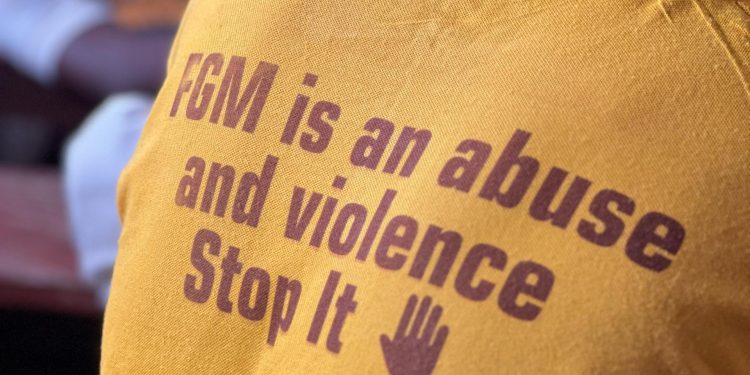In a groundbreaking ruling, the Economic Community of West African States (ECOWAS) Court of Justice has found the Government of Sierra Leone in violation of women’s and girls’ rights for failing to explicitly criminalise Female Genital Mutilation (FGM).
The Court declared FGM as “one of the worst forms of violence against women”, and that intentionally inflicted, “it meets the threshold for torture”. It ruled that the state’s failure to act breaches the Maputo Protocol, the African Charter on the Rights and Welfare of the Child, and other international human rights obligations that require states to outlaw harmful practices, specifically FGM. Thus, Sierra Leone’s inaction has caused grave physical, psychological, and social harm.
This landmark decision, delivered by a panel of judges representing the 12 ECOWAS Member States, holds Sierra Leone accountable — and sets a monumental legal precedent for the protection of women and girls across the region.
The case, brought forward by Kadija, a survivor, was filed by 31 movement partners from The Forum Against Harmful Practices, and Purposeful. It called into international attention the case of a woman who was forcibly subjected to FGM in 2016 and has been seeking justice ever since.
The judgment now mandates Sierra Leone to take immediate legislative measures to prohibit FGM, to promptly and effectively investigate and prosecute perpetrators of the FGM committed against the survivor, and to provide redress to the survivor, including financial compensation of $30,000 US Dollars, payable in Leones, to the survivor for the violations of her rights.
“This is a hard-won victory that has been ten years coming. While we celebrate today, this is for all girls and women, and the fight continues,” said Kadija.
“This historic win is not only for the survivor, and tenacity and her courage, along with the first responders, but for the 230 million women and girls alive today who have been subjected to the violence of FGM. Inaction is not an option. Sierra Leone has a duty to fully protect our women and girls,” said Dr Ramatu Bangura, Co-CEO, Purposeful.
“The ruling goes well beyond a legal win – it is a significant moral victory and a moment of reckoning for our country that now has the responsibility to eliminate this violence that has scarred generations of women and girls,” said Rugiatu Neneh Koroma, Chairperson of the Forum Against Harmful Practices (FAHP).
The judgment is timely as Sierra Leone’s women and girls now wait for the Child Rights Amendment Act to be sent back to Parliament for the enactment of laws that fully protect and uphold their human rights. And the world now watches Sierra Leone and ECOWAS for the implementation of this judgment to bring impunity out of the shadows, once and for all.
ENDS










